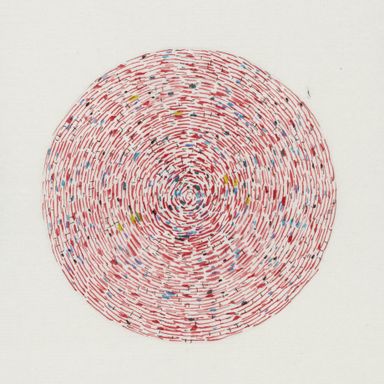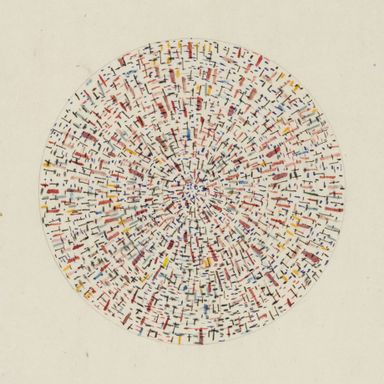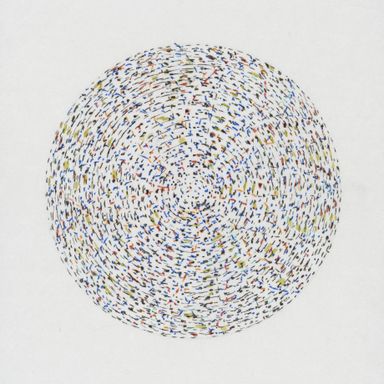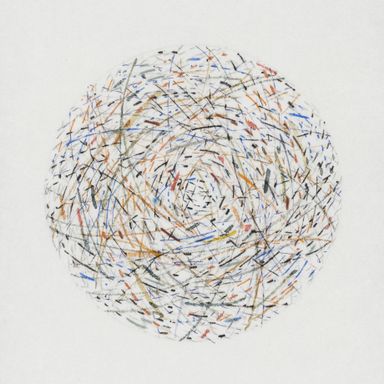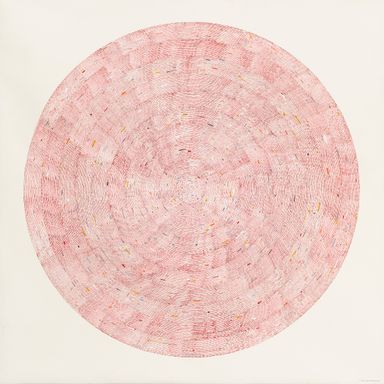
Coherent Research
Coherent Research is a non-profit collective that aims to address asymmetry in the generation of knowledge by searching for research pedagogies and methods to integrate knowledge systems. What is the asymmetry in knowledge generation?
UNESCO estimates that 87% of the world’s researchers and 94% of publications are from G20 countries. Such asymmetry in knowledge generation can also be observed within countries, where only a narrow, socioeconomically privileged proportion of their population participates in scientific activity. This imbalance means that problems, questions, and realities of certain populations are often either overlooked or misinterpreted. Addressing this asymmetry can ensure that everyone has the opportunity to participate in research and knowledge generation — to create more scientifically literate communities capable of advancing knowledge most relevant to their social realities and to democratize knowledge generation by incorporating diverse scientific theories and perspectives.
Building on our experience, we have developed a science training program to raise human resources that recognize the interdependence between one’s intellectual pursuit and one’s role in social transformation. Under this framework of twofold moral empowerment, we work with populations whose participation in scientific research and discourse has been historically marginal. In doing so, we view science not as a source of technical solutions to social needs conceived by the experts and handed to the non-experts, but rather we consider science as an orientation that allows all involved participants to collectively engage with and address their social reality. Our approach, therefore, has a posture of learning - consult, generate questions, take actions, reflect and study - to search for ways of building research capacity for social transformation.
Currently, we work with young adults interested in pursuing science research in Nepal and Canada and we collaborate with academics across multiple countries. In the long term, we aim to contribute toward a cultural shift in how scientific knowledge is generated worldwide. We envision that our work will contribute to building local institutions of learning that enable communities to generate and apply knowledge with participation from within.
